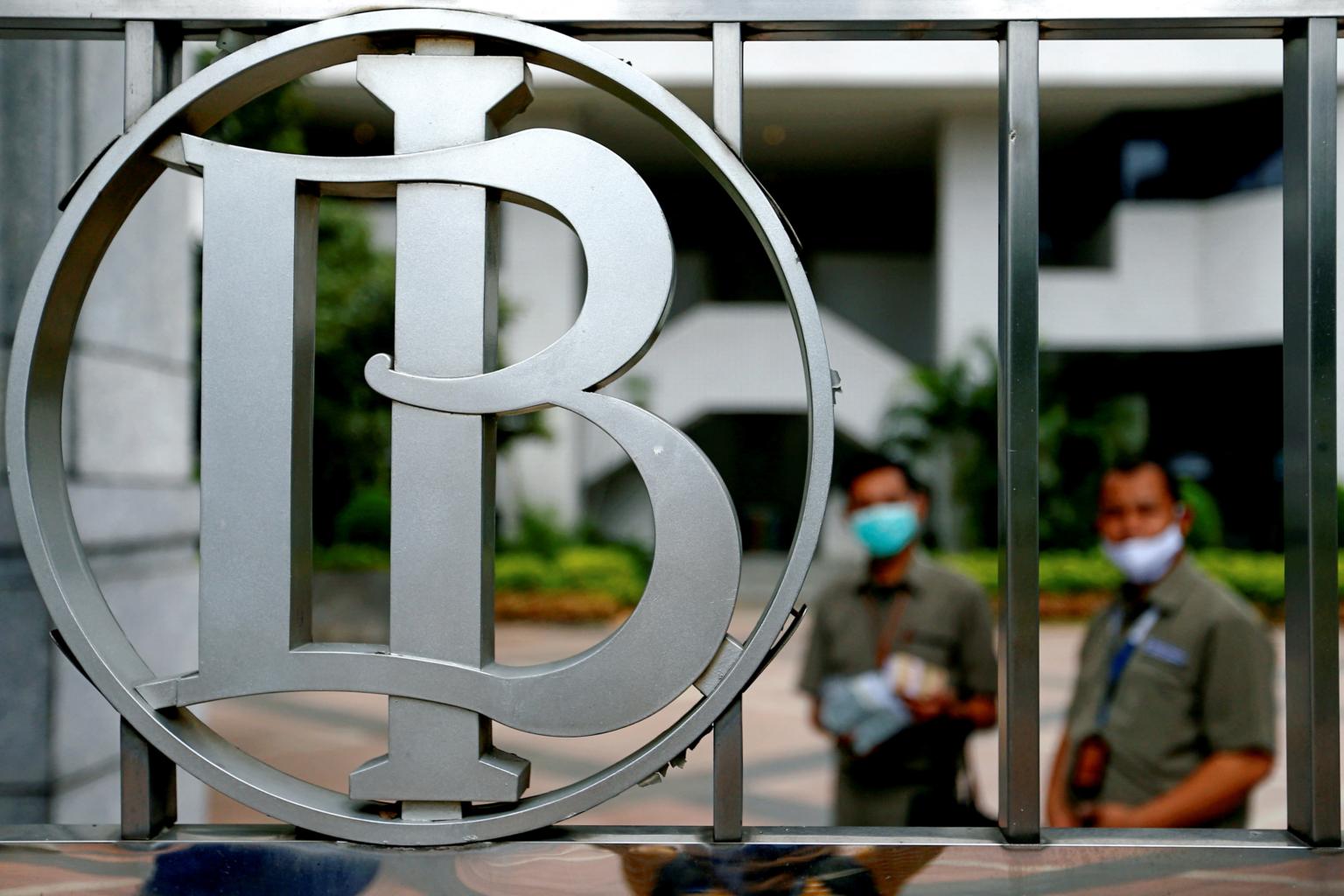Indonesia raises rates for first time since 2018
Sign up now: Get ST's newsletters delivered to your inbox

Bank Indonesia raised its seven-day reverse repurchase rate by 25 basis points to 3.75 on Aug 23, 2022.
PHOTO: REUTERS
JAKARTA REUTERS) - Indonesia’s central bank unexpectedly raised borrowing costs for the first time since 2018, as mounting inflation risks pushed the central bank to give up its position as one of South-east Asia’s last holdouts for easy policy.
Bank Indonesia raised its seven-day reverse repurchase rate by 25 basis points to 3.75 per cent on Tuesday (Aug 23). Only seven of 31 economists surveyed by Bloomberg had predicted the move, with the majority expecting no change.
With Tuesday’s move, Indonesia joined peers in raising rates as the policy tightening in the United States and a stronger dollar rattle broader emerging markets. The move is an about-face for central bank governor Perry Warjiyo, who as recently as last Thursday had kept his calm, saying he saw no need to rush into hiking rates and risk derailing the economy’s recovery.
Bank Indonesia expects inflationary pressures to increase given that volatile food prices are “very high”, Mr Warjiyo said at a briefing. The central bank now sees risks that average price gains could exceed its 2 per cent to 4 per cent target not just this year, but also in 2023.
The decision to raise rates was also taken to strengthen the rupiah’s stability, Mr Warjiyo said.
The government is considering raising subsidised fuel prices, which would intensify pressure on inflation that was already at a seven-year high of 4.94 per cent in July, above Bank Indonesia’s 2 per cent to 4 per cent target.
Ms Radhika Rao, senior economist at DBS Bank, said the rate rise was to front-run a potential increase in subsidised fuel prices as well as to anchor inflationary expectations.
“As the central bank sets the ball rolling, we retain our expectations of at least 50 basis points more hikes by end-2022, with risks of a larger magnitude of increase if energy subsidies are cut,” she said.
This year’s energy subsidy budget has been tripled to 502 trillion rupiah (S$47.2 billion), funded by windfall revenues from commodity exports, but Finance Minister Sri Mulyani Indrawati has said this would not be enough to keep fuel prices unchanged until the year end.
Bank Indonesia cut rates by 150 basis points and injected billions of dollars into the financial system during the Covid-19 pandemic. It has begun to tighten liquidity this year.
At the same time, the central bank said economic growth this year will probably hit the higher end of its 4.5 per cent to 5.3 per cent estimate, taking a more positive tone compared with the previous month when it said the 2022 expansion will probably be closer to the lower end of the range.


